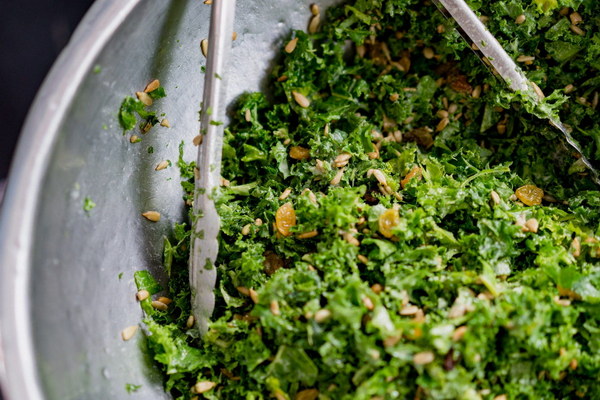Do Jujube Fruits Really Boost Kidney Health Unveiling the Truth
In the realm of traditional Chinese medicine, the jujube, also known as the red date or Chinese date, has long been celebrated for its supposed health benefits. One such benefit often cited is its ability to tonify the kidneys. But does the jujube truly live up to this reputation? Let's delve into the science and folklore surrounding the jujube and its potential role in kidney health.
The Jujube: A Nutritious Fruit with Ancient Origins
The jujube, scientifically known as Ziziphus jujuba, is a small, round fruit with a wrinkled skin and sweet, chewy flesh. Originating in China, it has been cultivated for thousands of years and is now grown in various parts of the world. Its sweet, tangy taste makes it a popular snack, and it is also used in various culinary applications, from jams to desserts.
Traditional Chinese Medicine and Kidney Health
In traditional Chinese medicine (TCM), the kidneys are considered the root of vitality and are vital for overall health and well-being. TCM believes that the kidneys are responsible for the production of essential substances such as hormones, sperm, and blood. Therefore, maintaining kidney health is crucial, and the jujube is believed to support this.
The Claim: Jujube for Kidney Health
According to TCM, the jujube has properties that help tonify the kidneys, boost the immune system, and improve energy levels. It is said to be especially beneficial for those with weakness, fatigue, or kidney deficiency. However, the scientific community has been somewhat skeptical about these claims, and research is needed to validate them.
Scientific Evidence
Research into the potential health benefits of jujube has been limited, but some studies suggest that the fruit may indeed have kidney-boosting properties. Here are a few key findings:
1. Antioxidant Properties: Jujube contains a high level of antioxidants, such as vitamin C, which may help protect the kidneys from oxidative stress and damage.
2. Anti-inflammatory Effects: The fruit has been shown to have anti-inflammatory properties, which could potentially benefit kidney health by reducing inflammation.
3. Potential Kidney Protective Effects: Some studies suggest that compounds found in jujube may help protect the kidneys from damage and improve kidney function.
How to Incorporate Jujube into Your Diet
If you're interested in incorporating jujube into your diet for its potential kidney health benefits, here are some ways to do so:
- Dried Jujube: The most common form of jujube in the market is dried. You can eat them as a snack or add them to teas, soups, or stews.
- Jujube Tea: Brewing jujube tea is an easy way to enjoy the fruit's benefits. Simply soak the dried jujubes in hot water for a few minutes.
- Jujube Recipes: Experiment with incorporating jujube into your cooking, such as in porridge, bread, or as a topping for yogurt.
Conclusion

While the evidence supporting the jujube's role in kidney health is still emerging, there is some indication that the fruit may offer benefits. Incorporating jujube into your diet is a simple way to enjoy its potential health benefits, whether you believe in the power of traditional Chinese medicine or not. As always, it's best to consult with a healthcare professional before making significant changes to your diet or health regimen.
In the end, the jujube may not be a miracle cure for kidney issues, but it can certainly be a delicious addition to a balanced diet that supports overall health and well-being.









